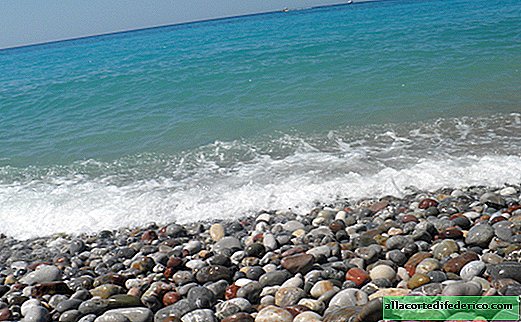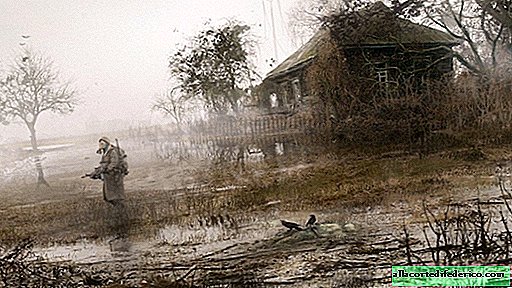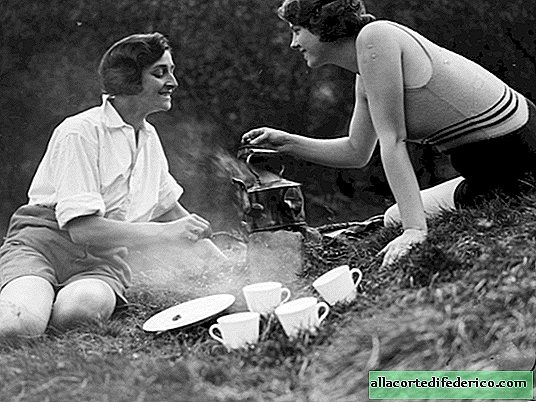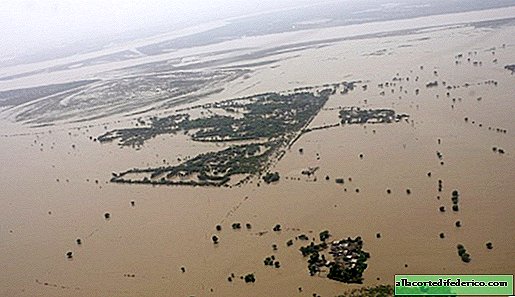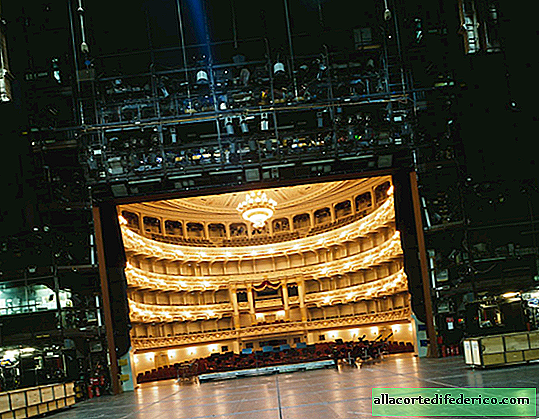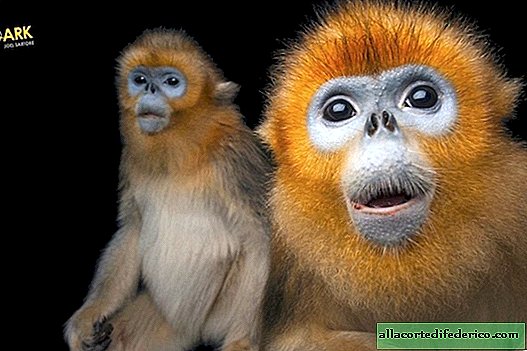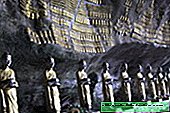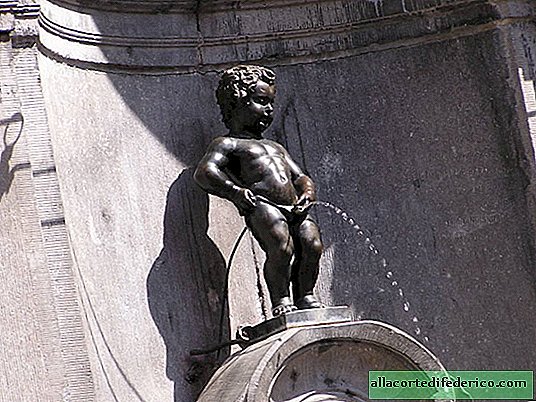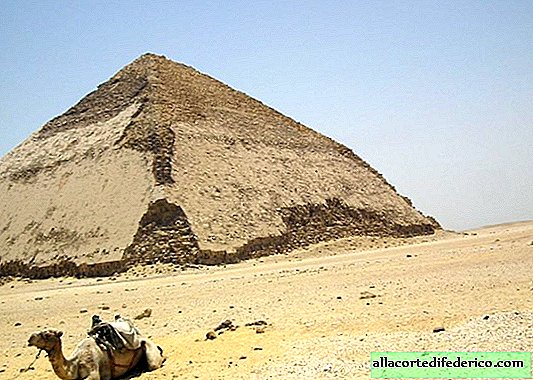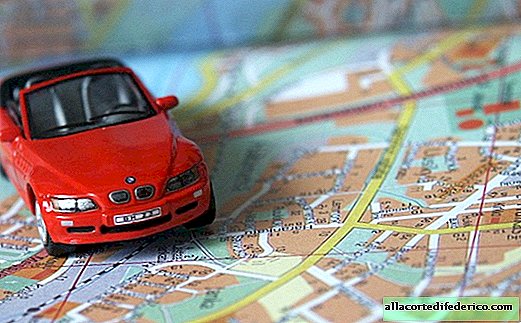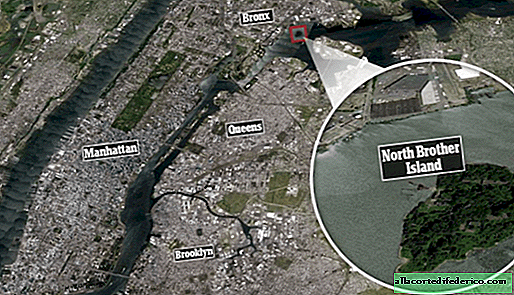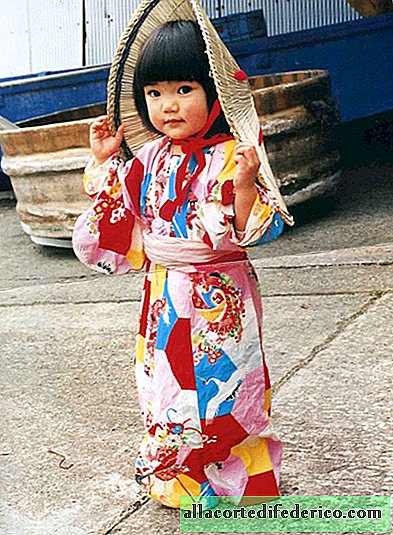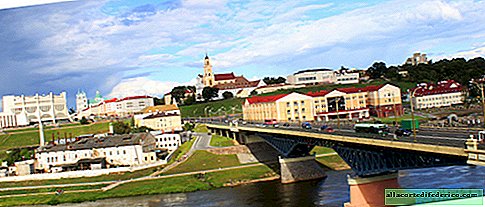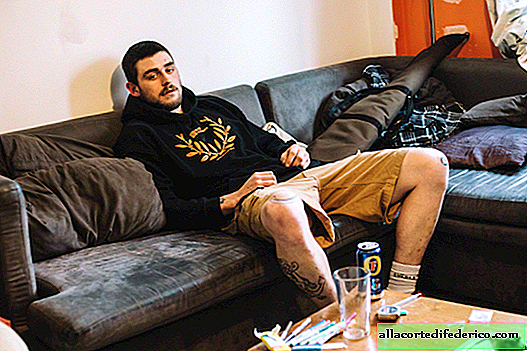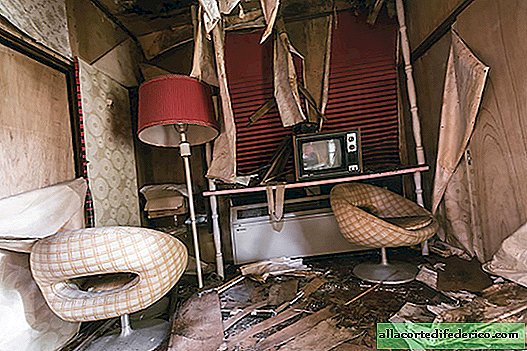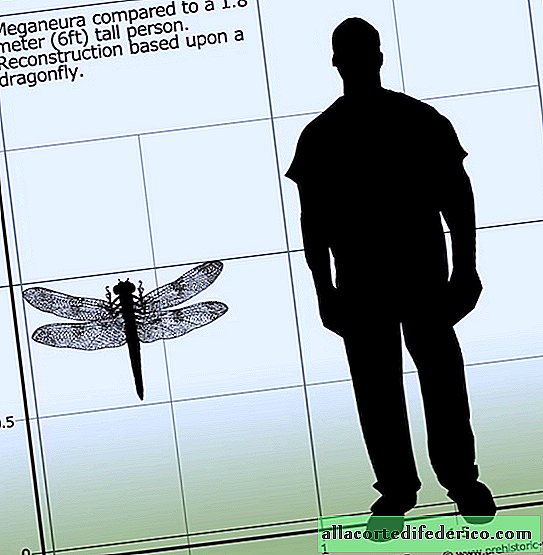In the jungle of the Orinoco River Delta
We set off for the Orinoco River Delta, where the last three days of rest on this vacation await us. Are you still relaxing on the couch, in the country or at sea? Stop doing stupid things! You need to rest in the jungle. Go!
We went from Ciudad Bolivar. On the way, with the driver we discussed cheap gasoline in Venezuela and the hard life in fraternal Cuba. And he suddenly suddenly asked how we live there in Russia, because we have Putin, a dictatorship and a free-shop, a lot of free-shop. I replied that we had all heard the same thing about Venezuela, but instead of freeo, weaving calories.
“Mas o Menos (more or less),” said Giovanni and changed the subject of the conversation to the weather)
The destination is getting closer, the radio of Trinidad and Tobago is already playing in the receiver.
On one of the bridges the driver stopped the car and sent us to watch the life of real Indians. These are not country houses. So people live here.
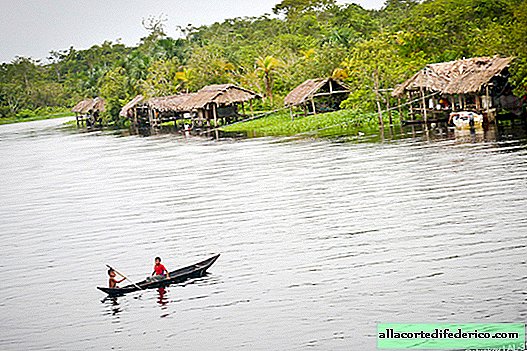
A little more, and we got to the village of San Jose de Bucha. This is the center of a small universe - a river port where you can take fuel for a boat, buy pasta and plastic basins. In general, from the point of view of an urban man - a hole is a hole.

But for the local population - this is a portal connecting the world of Indians with the so-called civilized world.
This portal, like all strategic objects, needs reliable protection. The guards work in several shifts - while some are fried in the sun, others are resting in the shed.

You already remember that the main thing in Venezuela? The main thing here is politics. It doesn’t matter whether there will be elections in five years, in a week, tomorrow or yesterday. It is important to always remember who you should vote for and to whom you owe everything.

We were met by an Indian and explained that you need to wait for other vacationers. Half an hour later, a car drove up. "Other vacationers" turned out to be our old friend Izzy, with whom we drove to Angel, and with whom we said goodbye yesterday in Ciudad))
Now everyone is ready to move to the camp. Our boat with a breeze rushes along the surface of the water, but periodically slows down to almost zero. The fact is that most of the local population moves in rowing canoes, and if they rush past them in a motorboat, they will simply be swept by the wave.

So, at the fork, or rather, at the confluence of two rivers, in the middle of the swamp, a pier was discovered. This is our home for the next three days - Orinoco Eco Camp.

The camp really stands in a swamp, in which wooden piles were hammered and on which a floor was laid from boards. That is, to go beyond the camp on foot will not work. We are trapped)
Okay, let's get settled, get to know the inhabitants of the camp.
This is the host of the camp. His name, I, unfortunately, did not remember, but he is here the most indigenous resident. Of the locals there is still a noisy chicken running around, but it’s completely stupid and therefore did not get into this review)

The parrot comes from a harsh jungle, so even his gaze should inspire terror in potential enemies. But, depending on how he looks at you, he may look like an evil warrior and a furry cat.
Here he is, by the way, with his best friend. When the girl is having lunch, the parrot must sit nearby and help. How touching this spectacle, I can not describe in words.

In addition to the birds, three dogs and three cats live here. In general, there is always someone to talk to.
When fresh tourists are brought in, the Indians come to the camp and sell their bracelet beads. Everything is made from what the jungle gives - no synthetics, well, prices are lower than in the city.

Having played enough with the dogs, we go to settle in the apartment.

The description that Thomas sent us says that we will live in "comfortable wooden cabins".
In short, it looks like this: a roof of palm leaves, an entrance-curtain of palm leaves, a wooden floor. On four wooden chocks in the middle of the room is a mattress, around which a mosquito net is stretched. Nearby is another stylized stool on which you can light a candle in the evening. There are no walls opposite the entrance at all - there is a jungle.

The guide, conducting a tour of the camp, asked not to forget to close the doors if we left home for a long time. They are strange people - they give out keys, but there are no locks ...
What to do here? First, eat well. It’s not that there would be gourmet restaurant food, no, it’s all home-like, but tasty and almost unlimited - you go to the pots and you yourself impose as much as you want.
Before lunch, you can take a canoe ride, paddle a little, and enjoy the clear waters of the Orinoco River, which reflect bright flowers.

And after lunch, you must definitely swing in a hammock and cuddle a dog. Then you can safely jump into the boat to drive to the country - well, where the beds, greenhouses and hens all graze.
Cottage is just an excuse. The main goal, of course, is to observe nature.
Toucans in the trees are sitting.

Undercuts and other birds. There are thousands of them (without exaggeration), and all are different.

Macaws flock in flocks.

Monkeys are jumping on the trees. They are very hard to notice. Only in the morning at dawn, when the jungle wakes up, they gaily jump along the branches and watch the tourists with interest.

Bushes bloom along the coast.

And on snags relax turtles.

Usually, tourists take sticks with them to the boat to fight off crocodiles and anacondas, but our guide Antonio said that all this evil spirits in the dry season, when there is not enough water in the swamps. At such a time, you have to evacuate or additionally protect the farm to which we are swimming - snakes steal piglets.
And here’s the cottage. Here is some kind of young hemp forest. What is this plant? His in Cuba and many where they grow.

There are also a lot of fruit trees, but we could only eat green orange. Everything else will be, you guessed it, maniac. Not even a maniac, but after a few months or even years. The garden is still very young.
They found an orphaned watermelon in the grass, Antonio took out a machete, chopped it into pieces. Ate and went for a walk on.

At sunset, as is usual in Latin America, they drank Cuba-libre, sang songs about Che Guevara and caught piranhas on lard. This time we didn’t succeed, only the experienced Antonio pulled out a couple of predatory fish.

We returned home at night.
Australian Ron, who, as it turned out, has been traveling in South America for more than a year, decided to stay here for a month as a volunteer, tell tourists about local beauties, explore nature and wait for his plane to Europe, showed us where the spiders live. It turns out that in one of the palm trees (at least one :)), standing right in the center of the camp, there are such wonderful creatures the size of a palm.

A couple of hours after sunset, a generator is working in the camp. During this time, you need to have time to have dinner, sway in a hammock and cuddle dogs. And then the light goes out.

Along the "paths" torches are lit, and people disperse in their huts - time to sleep.

What is the jungle at night? You can, of course, watch some Air Force movie about the jungle, but this is all nonsense. You will watch the movie at home on the couch and feel nothing.
The jungle at night is warm, a little stuffy, a little fog. The night jungle is sounds: screams, rustles, creaks, gurgling and ringing silence, in which your every movement is heard.
You can look into the darkness for a long time, looking for moths flashing for an instant, listening, in the end, to the drain of water from the toilet and drawing in the imagination of creeping predators and reptiles.
In this case, every minute you need to smear with different dichlorvos, so as not to be eaten by mosquitoes.
And the worst thing that I had to face the first night, not even a black cat at the entrance to the hut, but the tide - the water in the river rose to such a level that our camp bridges slightly rose above the water. What if water continues to arrive at night?
And in general, when he went to bed, he could not fall asleep for a long time due to the fact that under the bed a huge (well, not very huge, by local standards - 40 centimeters) fish splashed.
In the morning, you usually wake up from the fact that a crazy chicken has climbed into the hut, which for some reason is chasing a cat sleeping in your flisk. But this time we woke up from a terrifying noise. The horror of the fact that you do not understand what it is. Some kind of endless test of the Soviet system of warning citizens about an emergency. Antonio to the natural question "WHAT IS IT ???" answered - "Monkeys." We did not believe him and went to the Indians, who confirmed the version of the guide. I am afraid to imagine a picture of what is happening in the jungle and how many of these monkeys are there.
In general, the jungle is not as scary as it seems at first glance - they are interesting. We have never encountered this, and a person is so arranged that due to a lack of knowledge he begins to fear everything. I think that our cities are perceived much worse than the jungle if they bring Indians, for whom the jungle is their home.

